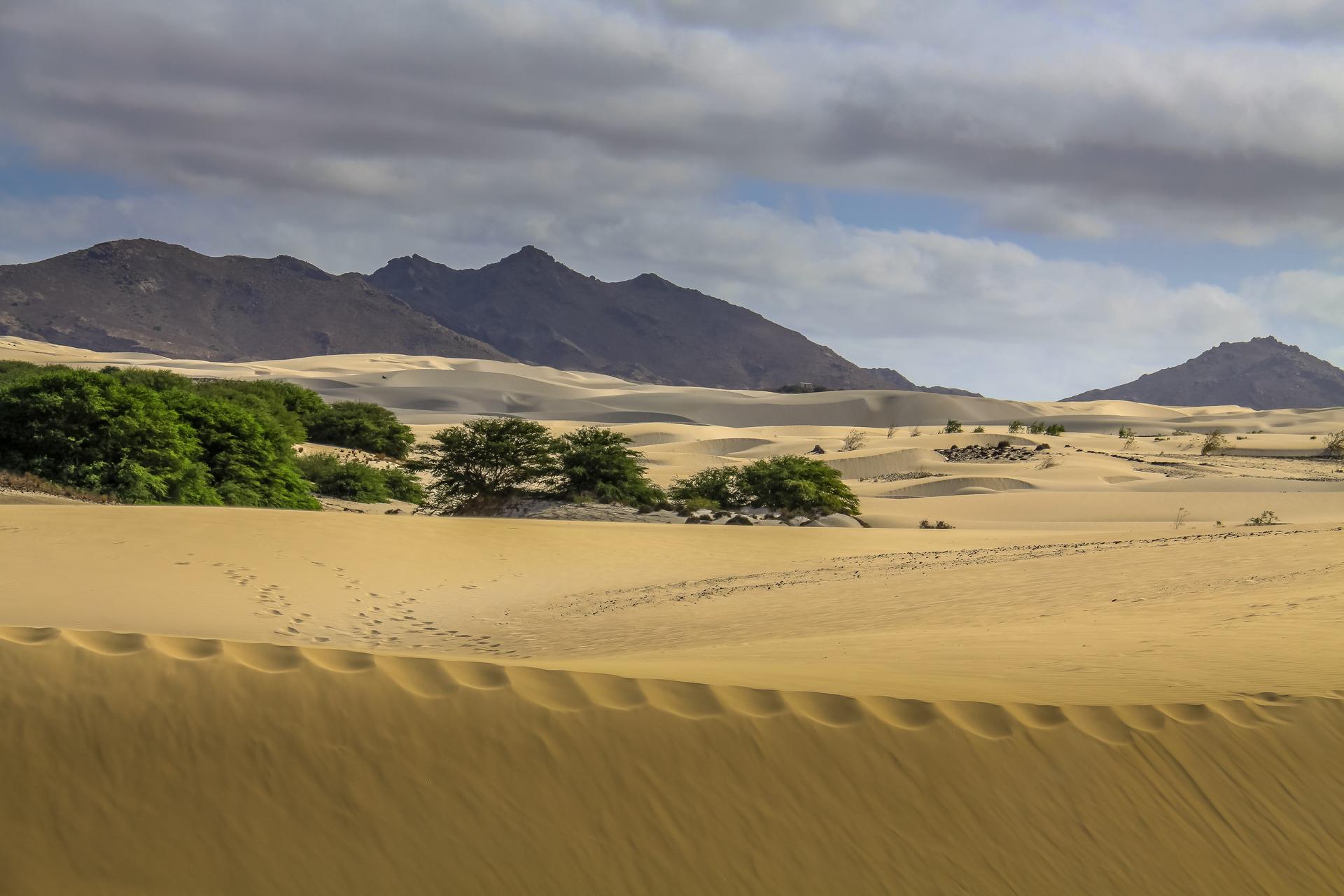Cape Verde🇨🇻

Cape Verde, also known as Cabo Verde, is an island country located in the central Atlantic Ocean. The country is part of the Africa continent and it is about 570 kilometers off the coast of Western Africa. Cape Verde doesn't have any land borders but the closest neighbours are Senegal, The Gambia, and Mauritania. Cape Verde is known for its vibrant Creole culture, its melodious music like Morna, and its Portuguese-African cuisine like Cachupa. The country comprises 10 volcanic islands and offers diverse landscapes from barren flats to dramatic mountain ranges. The country's lively cultural festivals and its beautiful beaches like Santa Maria, Praia Grande, and Calheta are its main attractions. Cape Verde is special for its rich sea biodiversity, warm-hearted locals, and year-round sunshine.
⚠️Things you should avoid⚠️
- Avoid drinking tap water. Opt for bottled water due to prevalent water contamination issues.
- Don't neglect to use mosquito repellent. Malaria and Zika are present.
- Avoid touching or disturbing the wildlife during your water activities.
- Avoid hiking alone in the mountains or remote areas.
- Avoid going against local customs and norms.
- Avoid flashy displays of wealth to deter potential thieves.
- Avoid wandering alone in secluded areas at night.
- Avoid swimming during high-tides. Currents can be strong.
- Avoid receiving or purchasing illegal drugs, penalties are severe.
- Avoid illegal fishing activities. Marine conservation laws are strict.
Overall
7
Crime 🔫
5
Cape Verde's crime rate has fluctuated with most crimes involving theft, burglary and mugging. Cities like Praia and Mindelo have recorded higher crime rates in the past, but increased police surveillance has improved conditions lately. Visitors should be cautious, especially at night.
Terrorism 💣
9
Cape Verde has enjoyed relative peace from terrorism threats. No major terror incidents have been reported in the past years.
War ⚔️
10
Cape Verde enjoys stable peace with no history of war or civil unrest in recent years. The country gained independence from Portugal peacefully in 1975.
Natural Disasters 🌊
7
Cape Verde is at risk of natural disasters like droughts and volcanic eruptions. In 1951, the Fogo volcano erupted causing considerable damage. The frequency of these disasters is generally low.
Medical Care 🏥
6
While basic healthcare services are available, facilities for advanced or emergency care are limited especially on the islands. Medical evacuation may be required for serious conditions.
Tap Water Quality 💧
6
In Cape Verde, the tap water is generally not safe to drink due to prevailing water shortage issues. It's recommended to drink bottled water.
Disease Burden 🤒
7
Some diseases prevalent in Cape Verde include dengue fever, zika, and malaria but they are generally under control. Outbreaks occur occasionally
Corruption 💸
6
Corruption exists in Cape Verde but it's relatively lower compared to other African nations. The government has been taking measures to tackle the issue.
Safety for Women ♀️
7
Cape Verde is known to be quite safe for women but caution should be taken, like not walking alone at night, especially in secluded spots.
Safety for Queer People 👬
6
While Cape Verde has legalized homosexuality, societal acceptance is varied. Discrimination can still be experienced in some areas.
Censorship 📺
7
Freedom of speech and press is protected by law in Cape Verde. However, there have been instances of self-censorship as journalists fear retaliation.
Public Transportation 🚌
5
Public transportation in Cape Verde is somewhat valid, with intercity bus services and taxis. However, services may not be completely reliable or punctual. There have been no significant incidents or accidents involving public transportation.
Other useful information
🔒 How safe is it?
Cape Verde is generally safe but like any country, precautions need to be taken. Petty crimes exist particularly in cities like Praia and Mindelo. Natural disasters like volcanic eruptions are possible but not frequent. The risk from terrorism is low.
🏰 Embassies in this Country
Many countries, including the United States, UK, Portugal etc., have consulates or embassies in Praia, the capital city.
💉 Recommended Vaccinations
Recommended vaccinations for Cape Verde include routine vaccines such as MMR, DTP, Chickenpox, Polio, and annual flu shot, Hepatitis A, Hepatitis B, Typhoid, Yellow Fever, and Rabies.
🐍 Dangerous Animals
Dangerous animals in Cape Verde are limited. However, poisonous species of Black Widow spider have been recorded on the islands. Jellyfish and sharks may also be present in waters.
🛂 Visa Requirements
Visitors from most countries will require a tourist visa. An eVisa can be obtained prior to arrival.
💲 Currency
The official currency of Cape Verde is Cape Verdean Escudo (CVE). Money can be exchanged at major hotels, banks and exchange bureaus.
💳 Credit Card Acceptance
Major credit cards are accepted in many restaurants, hotels and shops in Cape Verde but it's always good to carry some cash for smaller establishments or remote areas.
🧑🏭 Is it possible to work and travel in this country?
Cape Verde has some opportunities for work and travel, particularly in tourism. Speaking Portuguese will significantly increase the opportunities available.
💵 Cost of Travel and Living
Cape Verde offers a good value for money, however, costs may be higher compared to mainland Africa due to its isolated location. Accommodation ranges from budget to luxury and dining options are affordable.